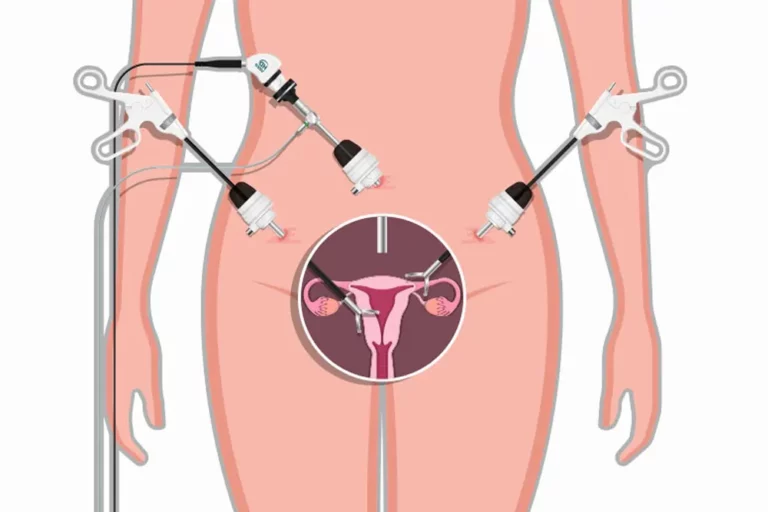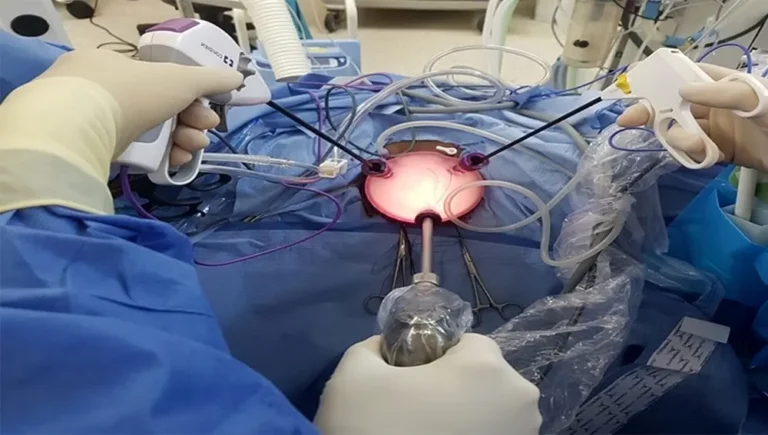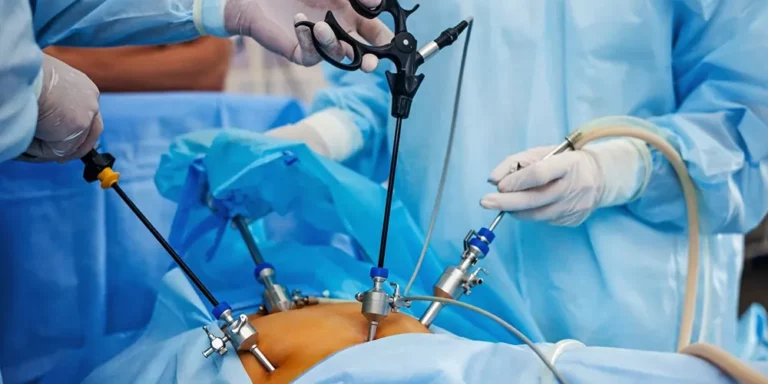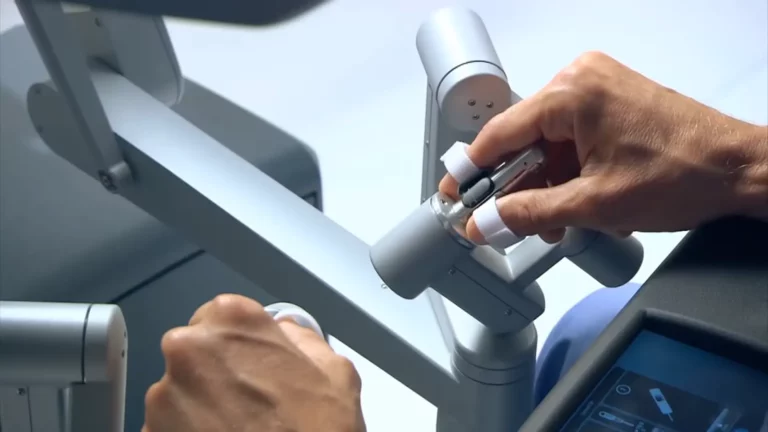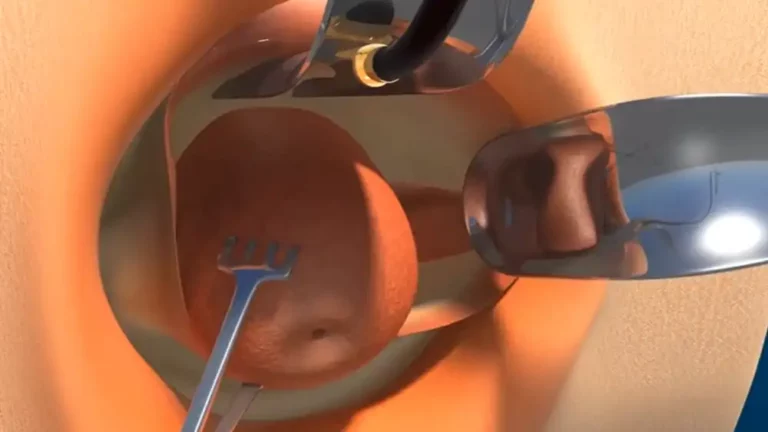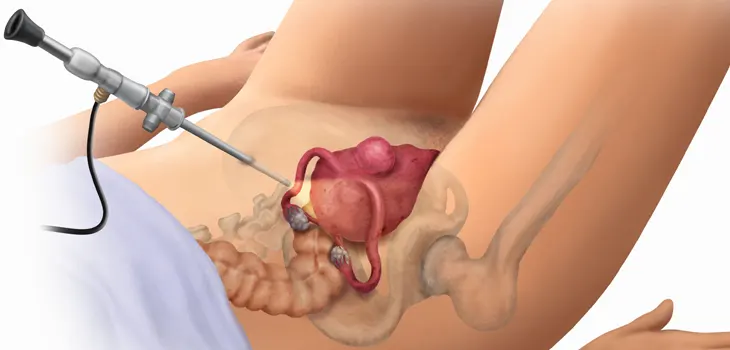How Long Does a Laparoscopic Hysterectomy Take? The robotic precision contribution
Welcome to our in-depth guide where we will explore the intricacies of laparoscopic hysterectomy. We will discuss the procedure’s duration, various techniques like robotic and total laparoscopic hysterectomy, and provide valuable insights into what you can anticipate before, during, and after the surgery. Whether you are contemplating a hysterectomy for gynecologic conditions such as endometriosis or fibroids or seeking comprehensive information, we have all the information you need.
Understanding Hysterectomy: An Overview
A hysterectomy is a surgical intervention performed to eliminate the uterus. It is frequently advised for a range of gynecologic conditions, including endometriosis, fibroids, and cancer. Various approaches can be employed based on the individual circumstances, such as open hysterectomy, vaginal hysterectomy, or the minimally invasive laparoscopic hysterectomy.
Laparoscopic Hysterectomy: A Minimally Invasive Option

During a laparoscopic hysterectomy, tiny incisions are made in the abdomen to facilitate the insertion of a laparoscope, a slender tube equipped with a camera, and specialized surgical instruments. This method presents numerous benefits, such as minimized scarring, shorter hospital stays, and quicker recovery time in contrast to conventional open surgery.
Robotic Hysterectomy : Advancing Surgical Techniques
Robotic hysterectomy is a variant of laparoscopic hysterectomy that integrates robotic technology to enhance surgical precision and dexterity. By utilizing robotic assistance, surgeons can execute intricate maneuvers with heightened control, leading to enhanced outcomes and minimized complications.
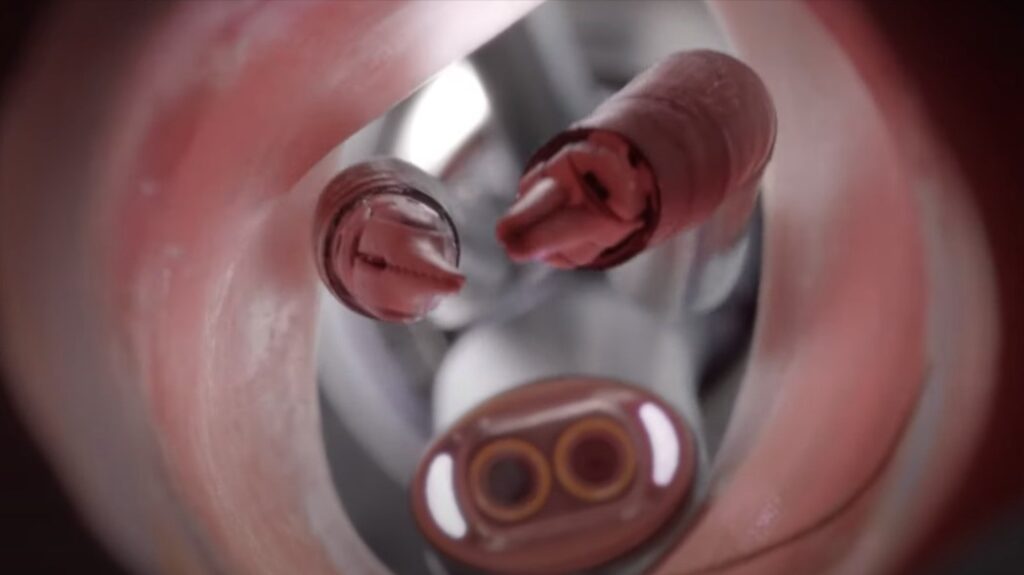
Total Laparoscopic Hysterectomy Procedure: Removing the Uterus
In a total laparoscopic hysterectomy, the surgeon removes the uterus through small incisions made in the abdomen. This method enables the removal of both the uterus and cervix, if required, while keeping the invasiveness of the procedure to a minimum.
The Hysterectomy Process: From Pre-op to Recovery
Before undergoing a laparoscopic hysterectomy, a thorough evaluation will be conducted by your gynecologist. On the day of the surgery, you will be admitted to the hospital, and the procedure will be performed in the operating room while you are under anesthesia. The duration of the surgery may vary depending on factors such as the complexity of your case, the skill of the surgeon and the specific technique selected.
Day of Surgery: What to Expect
On the day of your laparoscopic hysterectomy, you will be instructed to abstain from consuming food and beverages for a designated period before the surgery. Upon entering the operating room, the anesthesia team will prioritize your comfort throughout the procedure. The surgeon will create small cuts and introduce the laparoscope and surgical instruments to carry out the hysterectomy.
Recovery and Hospital Stay
Following the laparoscopic hysterectomy, you will undergo a period of observation in the recovery room, where healthcare professionals will closely monitor your condition. The duration of your hospital stay, typically ranging from one to two days, will be determined by your specific circumstances. To manage any discomfort, you will receive pain medication, and as soon as your doctor grants permission, you can gradually resume your regular activities.
Types of Hysterectomy and Their Impact
The type of hysterectomy you will have depends on several factors, such as the purpose of the surgery and your overall health condition. Vaginal hysterectomy involves the removal of the uterus through the vagina, while abdominal hysterectomy requires a larger incision in the abdomen. Your surgeon will carefully assess your individual case to determine the most suitable approach for you.
Recovery Time and Getting Back to Normal
The recovery period following a laparoscopic hysterectomy may differ among patients. On average, it takes approximately four to six weeks to achieve full recovery, although some individuals may resume their normal activities sooner. It is vital to adhere to the post-operative instructions provided by your doctor, which may include dietary restrictions, limitations on physical activity, and scheduled follow-up appointments.
Conclusion
A laparoscopic hysterectomy is a surgical solution that presents a feasible option for women in need of a hysterectomy. This minimally invasive technique, incorporating robotic surgery assistance and total laparoscopic hysterectomy, brings forth numerous benefits for patients, including reduced scarring, shorter hospital stays, and expedited recovery periods when compared to traditional open surgery.
By removing the uterus through small incisions in the abdomen, laparoscopic hysterectomy allows for a precise and effective treatment approach for various gynecologic conditions, including endometriosis, fibroids, or cancer. The choice of the surgical technique will depend on individual factors and the recommendation of your gynecologist.
While the duration of a laparoscopic hysterectomy can vary, ranging from a few hours to more extensive procedures the benefits of this approach outweigh the potential risks for many patients. It is important to discuss the specifics of your case with your healthcare provider to understand the expected outcomes, recovery time, and any potential complications associated with the procedure.
FAQs
Will I need to stay in the hospital after a laparoscopic hysterectomy?
Typically, patients who undergo a laparoscopic hysterectomy experience a shorter hospital stay in comparison to a traditional open hysterectomy. In most cases, patients can be discharged and return home within 1 to 2 days following the surgery, assuming there are no complications. The specific length of your hospital stay will be determined by your surgeon, taking into account your unique circumstances.
Can a laparoscopic hysterectomy be performed if I have pelvic pain?
If it is determined that pelvic pain is stemming from the uterus or related structures, laparoscopic hysterectomy can be a viable choice for addressing this issue. To receive proper guidance and treatment, it is crucial to consult with a gynecologic specialist who can assess your particular condition and provide appropriate recommendations.
Will I still experience menopause symptoms after a laparoscopic hysterectomy?
In the event that the ovaries are not removed during a laparoscopic hysterectomy, hormonal fluctuations and symptoms of menopause may still arise, as the uterus is removed while the ovaries remain functional. However, if the ovaries are also removed, hormonal changes will be more noticeable, which can potentially result in more pronounced menopause symptoms.
When should I stop eating and drinking before a laparoscopic hysterectomy?
Normally, patients are advised to abstain from consuming any food or drinks starting from midnight the night before their laparoscopic hysterectomy, unless explicitly instructed otherwise by their physician.
What precautions should I take before a laparoscopic hysterectomy?
Before your laparoscopic hysterectomy, your surgeon will typically give you thorough instructions. In general, you will be advised to avoid eating or drinking anything after midnight the evening before the surgery. Moreover, your doctor may suggest stopping certain medications, like aspirin, unless otherwise instructed.
Will there be a visible scar after a laparoscopic hysterectomy?
No, one of the advantages of a laparoscopic hysterectomy is that the incisions made are small and usually located near the belly button or in the lower abdomen. These incisions typically heal well and result in minimal scarring which is usually not easily visible.
